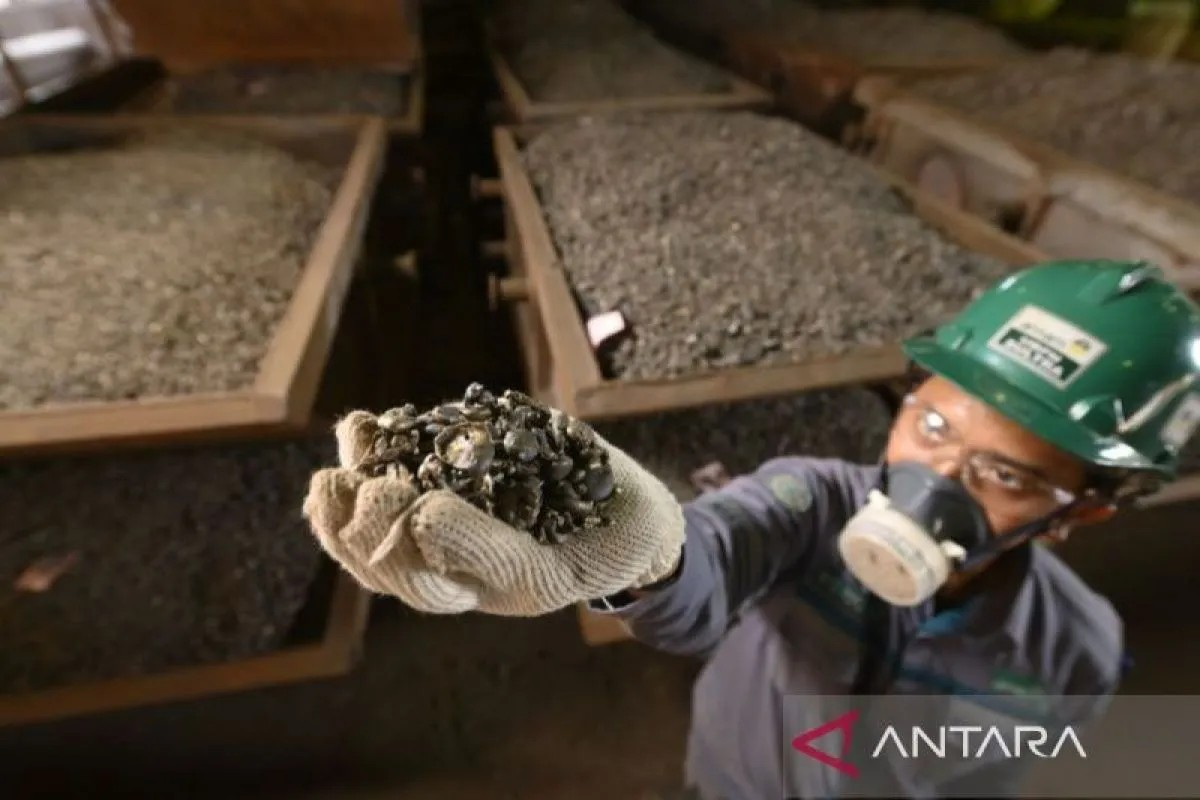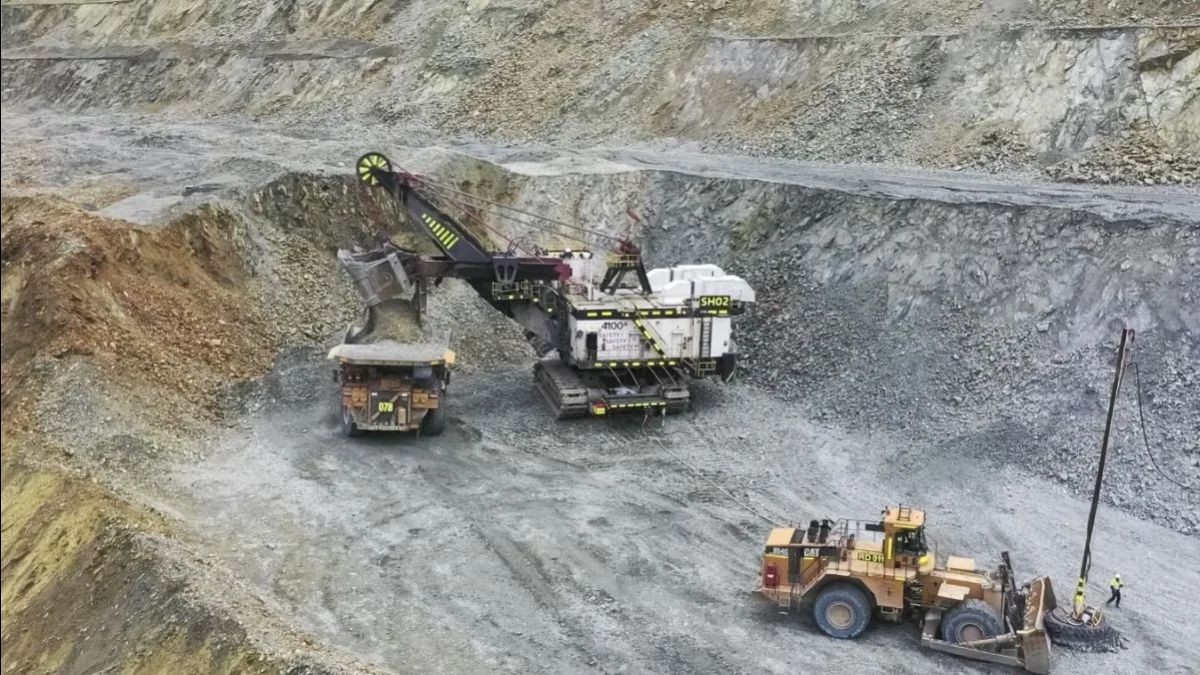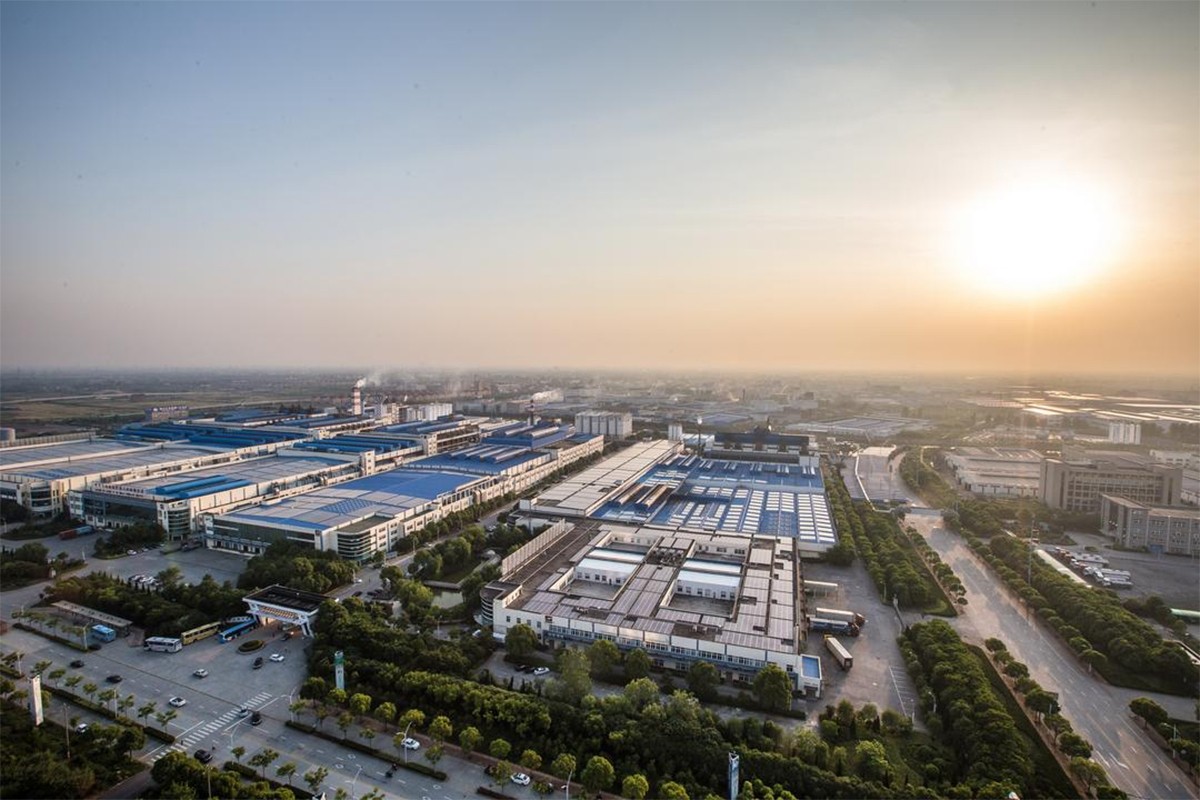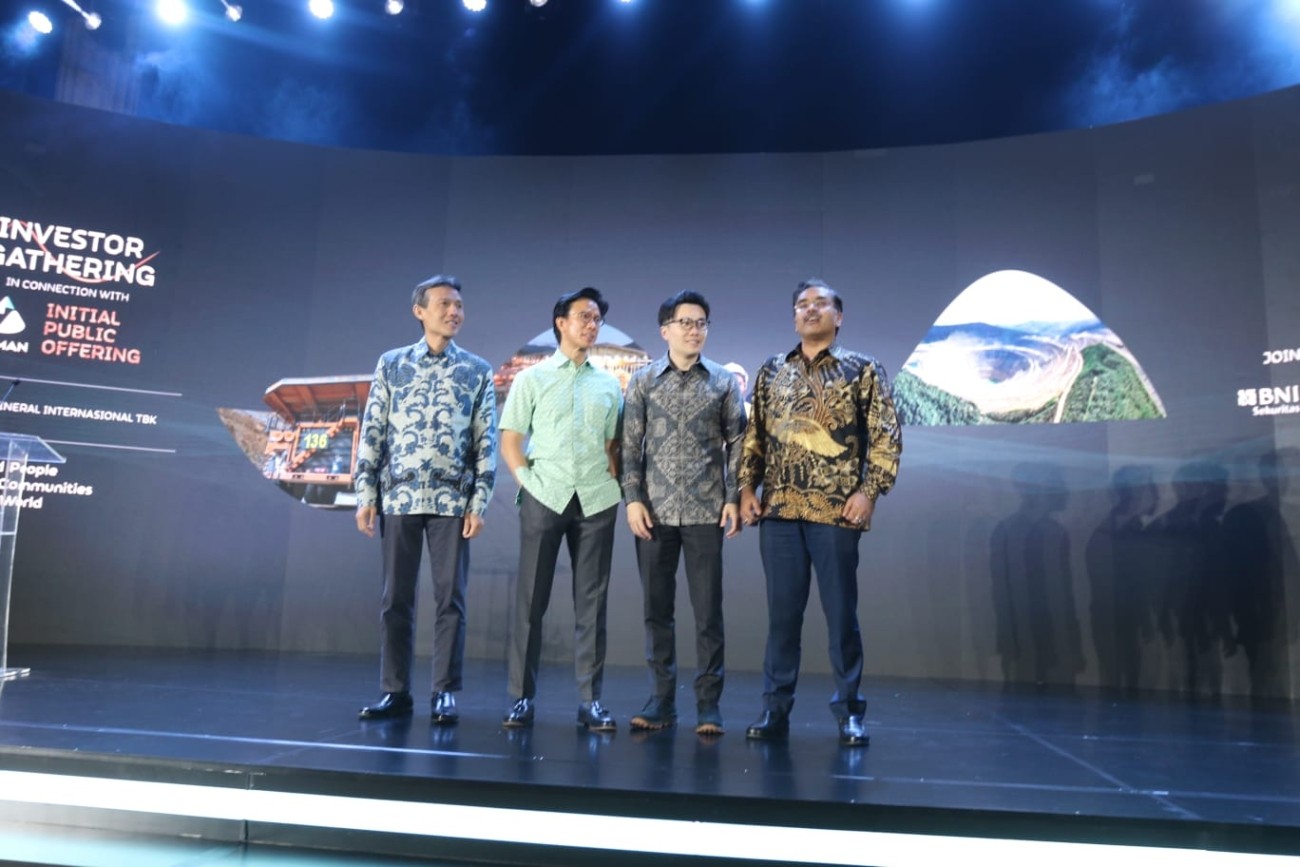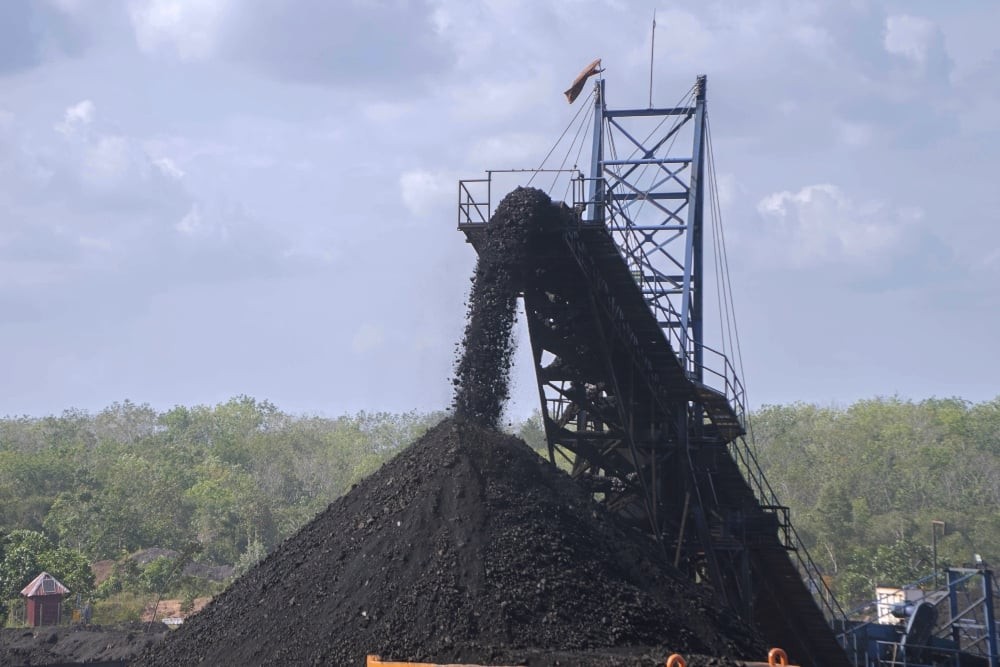The Ministry of Investment has identified four challenges to advancing the downstreaming sector: focusing on human resource development, expanding international cooperation, offering incentives, and addressing external pressures.
Riyatno, the ministry's Deputy for Investment Climate Development, said on Wednesday that Indonesia requires 16,000 workers annually to maximize the added value of downstreaming and manufacturing.
"Each year, we need approximately 16,000 skilled workers for the manufacturing sector, including the downstreaming process," he stated.
He added that expanding international cooperation is crucial to increasing the export potential of Indonesian downstream products and attracting foreign investment.
Regarding incentives, Riyatno emphasized that Indonesia must develop investor- and market-friendly policies, particularly by offering competitive licensing terms.
He also noted that Indonesia is facing external pressure from countries opposed to its downstreaming policy. For example, the European Union filed a lawsuit with the World Trade Organization (WTO) when Indonesia halted nickel ore exports.
"Despite the lawsuit, we are continuing the downstreaming process," he said.
Riyatno highlighted that investment in the processing sector for high value-added products (downstreaming) has followed a positive trend over the past five years, rising from IDR 61.6 trillion (USD 3.9 billion) in 2019 to IDR 200.3 trillion in 2023.
